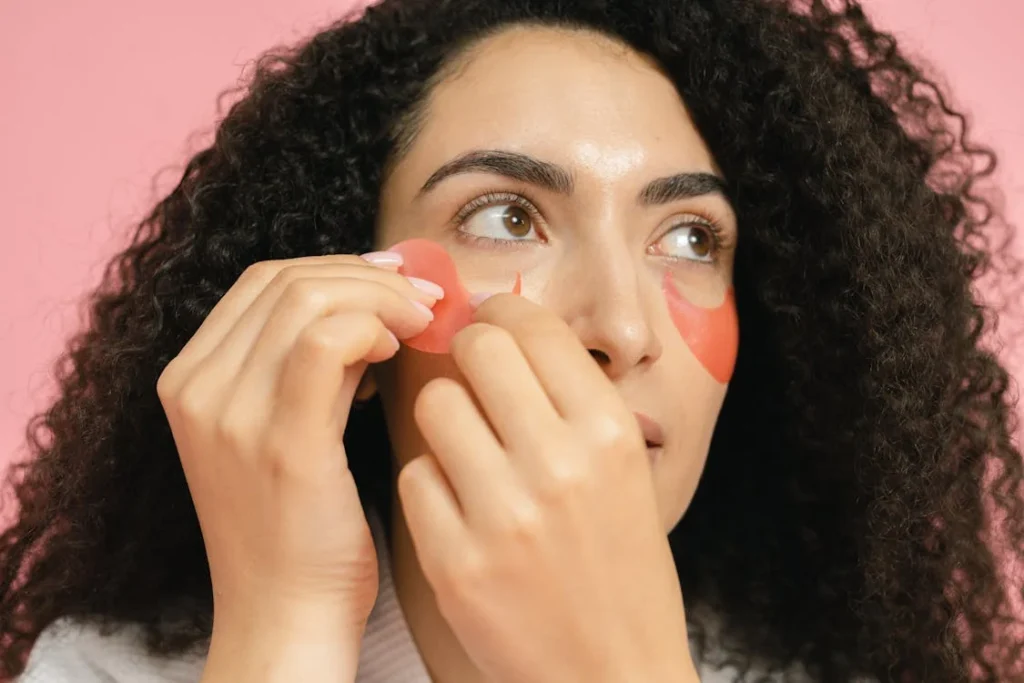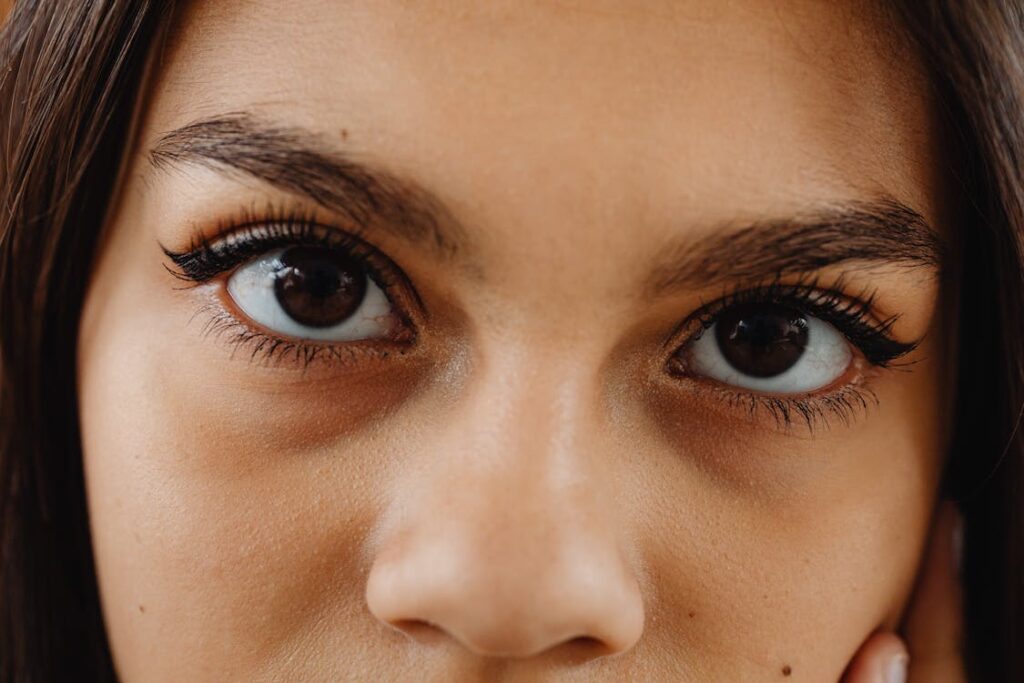Dark circles under the eyes are a common concern for many individuals, often attributed to fatigue or aging. While they may not pose a serious health problem, they can impact one’s appearance, making them feel tired, older, or unhealthy. In this comprehensive guide, we’ll explore the various causes of dark circles and examine both natural remedies and medical treatments to address them effectively.
Causes of Dark Circles Under Your Eyes
Dark circles can stem from a multitude of factors, extending beyond just fatigue. These causes include:
- Genetics: Hereditary factors can contribute to the development of dark circles under the eyes.
- Allergies: Conditions like allergic rhinitis (hay fever) and atopic dermatitis (eczema) can lead to dark circles due to inflammation and increased blood flow in the under-eye area.
- Aging: The natural aging process results in the thinning of skin and loss of fat and collagen, making blood vessels more visible and contributing to dark circles.
- Pigmentation Irregularities: Uneven pigmentation under the eyes can cause dark circles, exacerbated by factors such as sun exposure.
- Eye Strain: Prolonged periods of screen time can strain the eyes, leading to dark shadows under the eyes.
Additionally, seasonal allergies, thin under-eye skin, and nasal congestion can also contribute to the appearance of dark circles.
Addressing Dark Circles: Natural Remedies and Home Treatments
While dark circles may not have a permanent solution, there are numerous natural remedies and lifestyle adjustments that can help reduce their appearance:
- Sleep: Ensuring adequate sleep (7-8 hours per night) can minimize fatigue-related dark circles and improve overall skin health.
- Elevation: Using extra pillows while sleeping can reduce fluid pooling in the lower eyelids, minimizing puffiness.
- Cold Compress: Applying a cold compress to the under-eye area can constrict blood vessels and reduce dark circles.
- Sun Protection: Limiting sun exposure and using sunscreen can prevent pigmentation irregularities and protect the delicate skin around the eyes.
- Hydration and Moisturization: Using moisturizers containing ingredients like caffeine, vitamin E, and hyaluronic acid can hydrate the skin and reduce the appearance of dark circles.
- Home Remedies: Natural remedies such as chilled cucumber slices, almond oil and vitamin E massages, tea bag compresses, and vitamin K pads may also offer relief.
Medical Treatments for Dark Circles
In cases where natural remedies prove insufficient, medical treatments administered by dermatologists or other specialists may be recommended. These options include:

- Skin-Lightening Creams: Prescription creams containing ingredients like azelaic acid, kojic acid, and hydroquinone can lighten hyperpigmentation under the eyes.
- Laser Therapy: Laser treatments target dark pigmentation and stimulate collagen production, improving skin tone and texture.
- Chemical Peels: Light chemical peels containing ingredients like glycolic acid and retinoic acid can exfoliate the skin and reduce dark circles.
- Surgical Procedures: Procedures such as blepharoplasty (eyelid surgery) and fillers can address underlying causes of dark circles, such as fat loss and volume depletion.
Consulting a Dermatologist: When to Seek Professional Help
Individuals experiencing persistent or worsening dark circles, particularly if accompanied by other symptoms like swelling or discoloration in one eye, should consult a dermatologist. A thorough evaluation can help determine the underlying cause of dark circles and guide appropriate treatment options.
Conclusion
Dark circles under the eyes are a common cosmetic concern with a variety of causes, ranging from fatigue to genetics and aging. While natural remedies and lifestyle adjustments can help reduce their appearance, medical treatments may be necessary for more stubborn cases. By understanding the underlying causes and exploring effective treatment options, individuals can take proactive steps to address dark circles and achieve a brighter, more refreshed appearance. Remember, maintaining overall skin health and consulting with a dermatologist are essential for personalized care and optimal results.


